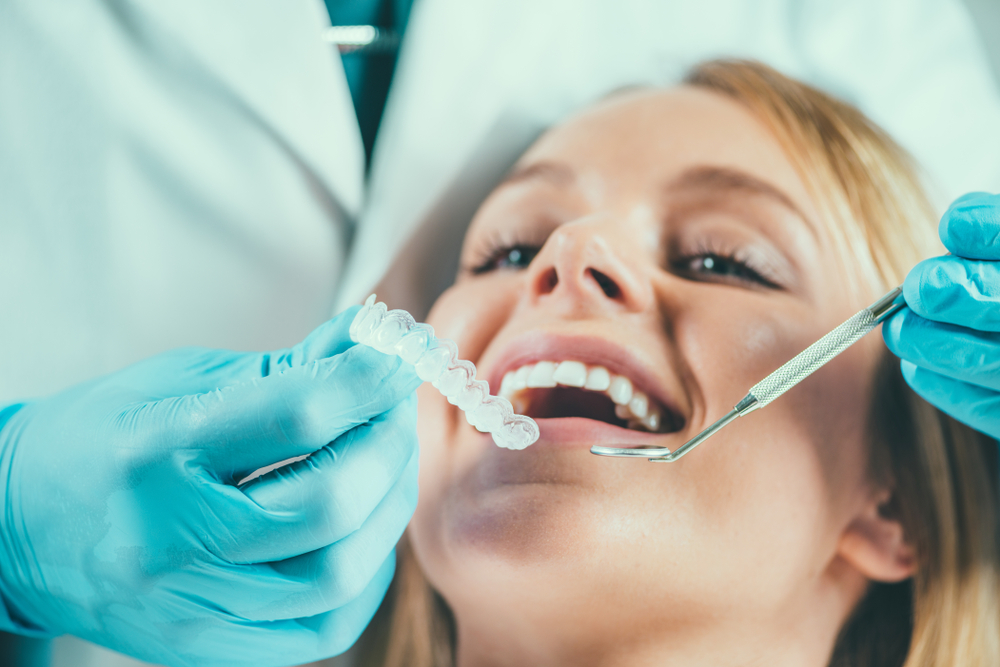
How often should you visit the dentist? The frequency of dental visits depends on your oral health and daily oral hygiene. Military entrance exams have shown that Americans have poor dental health. The recommended frequency is twice a year. The frequency should be adjusted according to your oral hygiene, risk factors and daily hygiene. However, twice a year is not always necessary. If you’re experiencing symptoms of oral health problems, consider an annual cleaning and checkup to see if you should schedule a more frequent visit to Dentist In Chapel Hill NC.
Regular dental check-ups can detect early signs of gum disease
If you have been ignoring your oral health, you may be ignoring the first signs of gum disease. In the early stages, the disease may not cause any discomfort, so you might not even realize you’re suffering from it. But dentists are trained to recognize early signs of gum disease. During a regular dental check-up, your dentist will look for symptoms like red, swollen, or bleeding gums, deep gum pockets, or receding gums. Once you spot these signs, your dentist will be able to treat the disease, and in some cases, educate you on proper gum care at home.

They can lower your risk of teeth cracks
There is no definite answer to the question: How often should you visit your dentist to reduce your risk of teeth cracks? However, there is some evidence that shows that frequent visits can help you avoid developing this problem. According to a recent review, about 44 percent of crowns are intended to protect the tooth from fracture. In addition, dentists are often divided on which teeth should be crowned to reduce the risk of cracks.
They can detect early signs of cancer
Early detection of oral cancer is crucial for its effective treatment. Many dentists will perform routine checks for oral and oropharyngeal cancer to diagnose the disease before it progresses to a more advanced stage. A dentist’s ability to spot these symptoms early can improve patient survival rates. Patients should report any changes or concerns to their dentist and GP. Your dentist can examine the area and advise you on the best treatment option.
They can help detect early signs of diabetes
As dentists, we often encounter patients with diabetes or prediabetes. During dental exams, we look for signs such as tooth loss or deep periodontal pockets. During a study conducted at Columbia University College of Dental Medicine, dentists could identify more than 70 percent of patients with diabetes. Similarly, dentists could help identify patients with prediabetes by performing a blood sugar test.
They can detect early signs of heart disease
A dental visit is an opportunity to check a patient’s oral health. The dentist can detect problems with plaque buildup before they cause more serious problems. Limited plaque buildup strengthens the cardiovascular system, while uncontrolled plaque threatens to clog the arteries. In addition to assessing the oral health of a patient, a dentist can detect early signs of heart disease. The dentist’s job is to make the mouth as healthy as possible for a patient.
They can detect early signs of HIV
If you have HIV, regular dental checkups can be an important part of keeping your overall health. Regular dental exams allow healthcare providers to monitor your HIV infection and treat it accordingly. Dental issues, such as gum disease, can be an indication of an advanced stage of the illness, or it can even signal a change in viral load. If you suspect you might be suffering from HIV, ask your dentist about their procedures and safety procedures.
